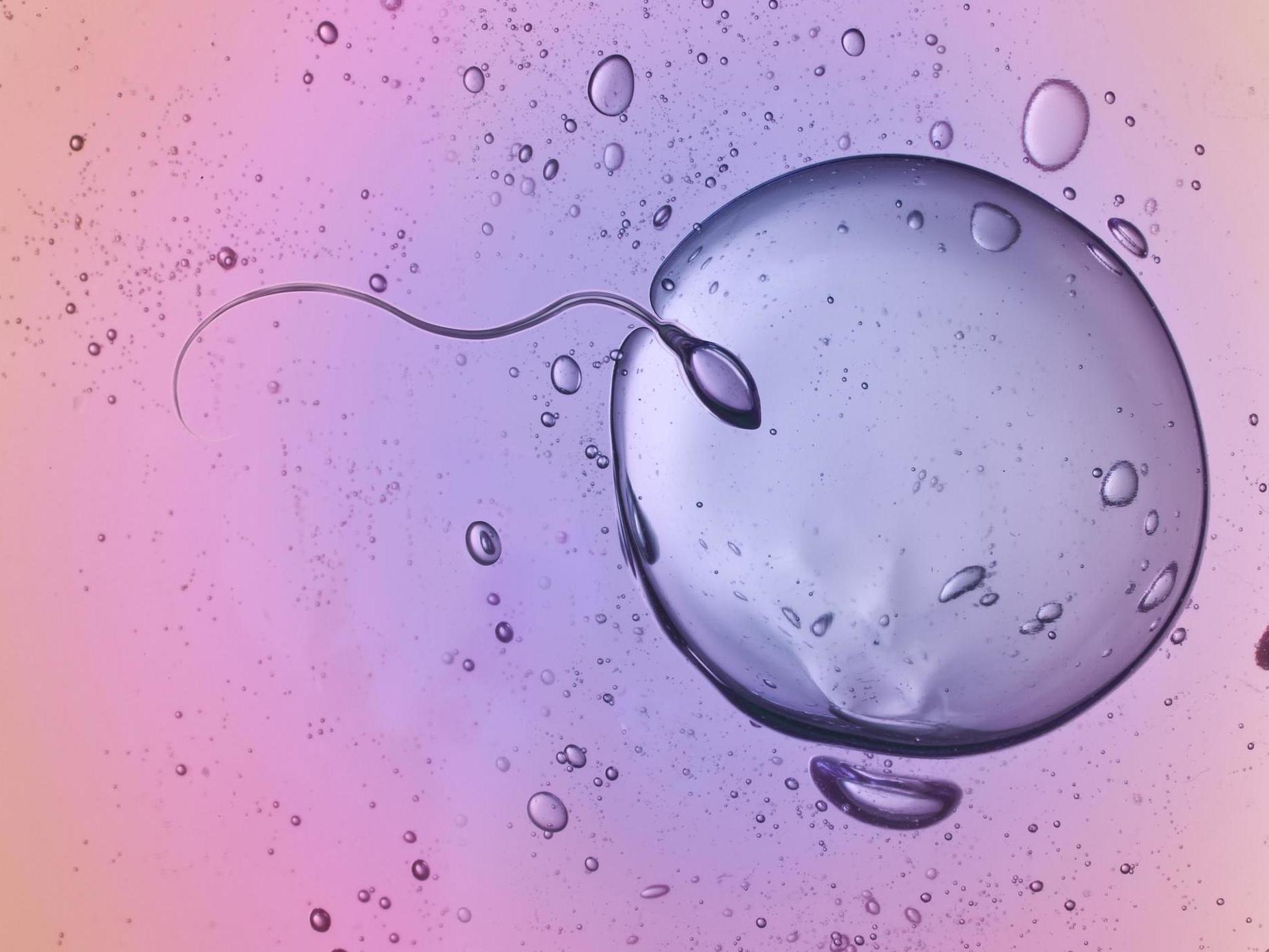Male contraceptive pill made from arrow poison shows promise, claim scientists
It’s made from a plant extract traditionally used by warriors and hunters

Despite the myriad of oral contraceptives available for women, no such form of birth control exists for men.
However, that might be about to change as a group of researchers from the American Chemical Society (ACS) have found that a particular plant extract could be the key to curbing male fertility.
After conducting a study on rats, a report published in the ACS’ Journal of Medicinal Chemistry shows the contraceptive benefits of ouabain, a compound traditionally used by African hunters as poison on their arrows.
Ouabain is produced naturally in the body at a low level which scientists believe can help maintain blood pressure levels; it is occasionally prescribed to treat patients who have suffered from a heart attack.
According to the report, ouabain disturbs the movement of sodium and calcium ions and binds to a protein that is critical in fertility.
Previous research has shown that ouabain can reduce fertility in men, but experts have warned that if taken alone at a high dosage it could cause heart damage and therefore could not be a viable contraceptive on its own.
This prompted the team of scientists to design ouabain analogs that posed less of a threat to the heart and focused only on binding to a particular protein found in sperm.
They subsequently managed to develop a successful and safe contraceptive method using the plant-extract through a series of tests conducted on rats.
Although there is ongoing research into male contraceptive pills, it isn’t available yet.
However, a recent study published in the Journal of Clinical Endocrinology and Metabolism found that a contraceptive injection could be 96 per cent effective in curbing male fertility, though side effects were common.
Join our commenting forum
Join thought-provoking conversations, follow other Independent readers and see their replies
Comments
Bookmark popover
Removed from bookmarks